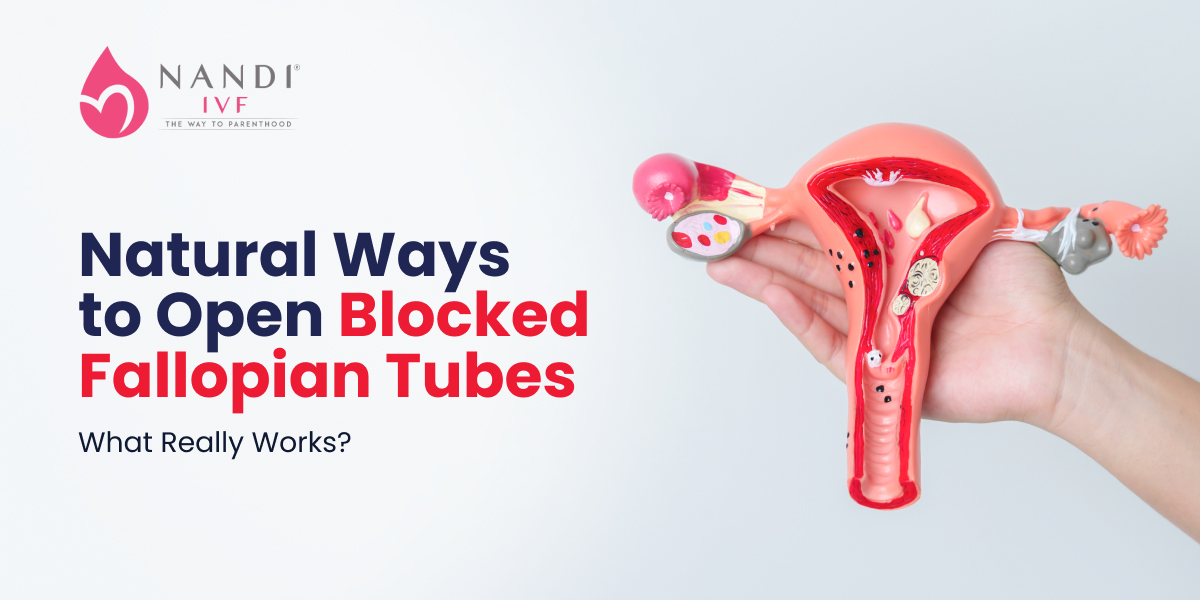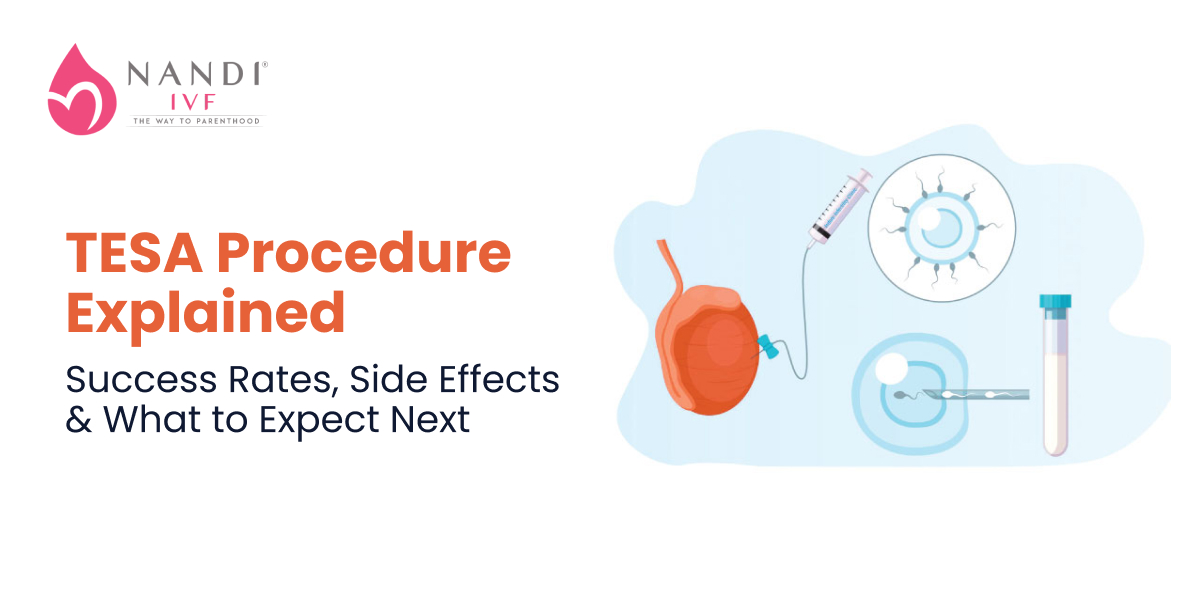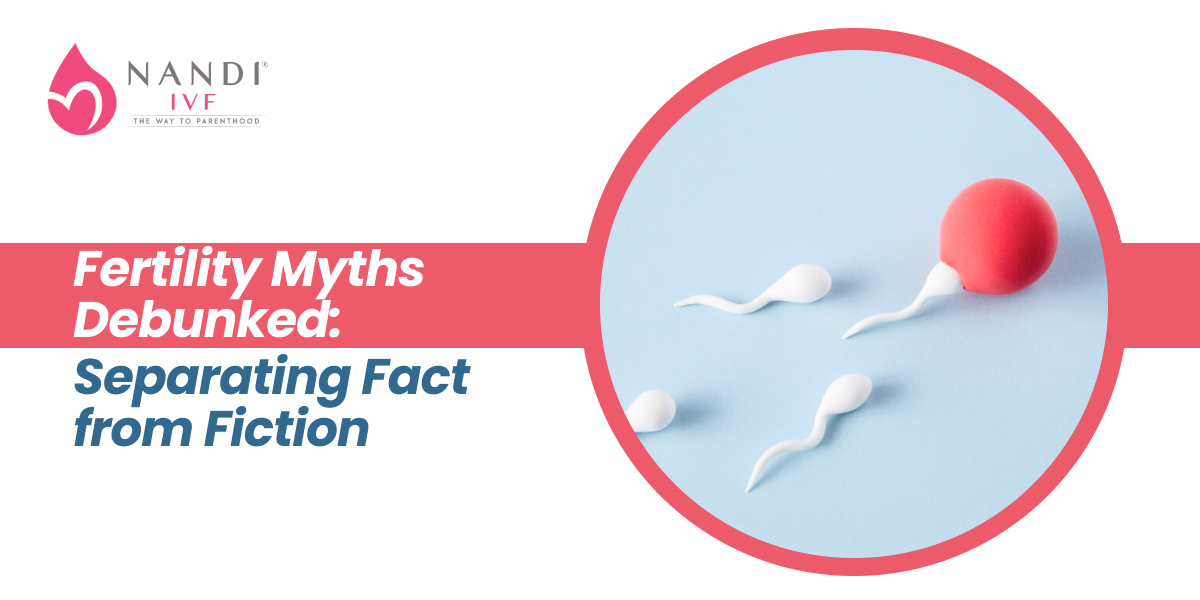Imagine hitting every month a wave of excitement and hope of getting pregnant just to end up trying once again. You are tracking periods, eating healthy, and doing everything and still, the pregnancy tests keep disappointing you. This is the disheartening reality of many couples struggling to conceive. But don’t worry. You are not alone. According to a survey conducted during 2019-21, around 18.7 per 1000 females are facing infertility in India(source). But there is no chance to be sad, as science has a bundle of happiness when you choose the best IVF centre in Delhi.
Whether you have just started or have been considering medical treatments, this guide will walk you through modern solutions to infertility. So, let’s explore a way to experience the real joys of parenting.
Fertility Treatment: A Brief Overview
Coming across the term “fertility treatment”, what pictures are in your mind? Is it IVF, hormone therapies or surrogacy that you have seen in movies? Let’s pop the bubble of imagination as, in reality, fertility treatments range from the simplest lifestyle modifications and medications to advanced surgical procedures. You must have heard of IVF and ICSI, they are a kind of surgical solution to infertility. But, are you confused about which option is best for you? Let’s break down different ways of treating infertility and get our gears ready for a journey full of happiness, adventure, and fun.
Exploring the Fertility Treatments: A Dive into Diversified Solutions
Do the wide range of options for coping with infertility overwhelm you? Have you been struggling to decide on one treatment? Well, let’s end this combat and understand a few solutions offered by our best IVF specialist in Delhi to start your pregnancy phase at the earliest:
1. Medications
Agreed to advice from your doctor, neighbours and friends to modify your lifestyle but nothing seemed to work? If that’s your case, the healthcare provider at your fertility clinic might prescribe you a schedule of medications. As a start, the medicines push your body with an effective boost of fertility.
For instance, drugs like Clomid and letrozole induce ovulation, increasing the chances of egg release, fertilization and hence the implantation. Patients with irregular ovulation are mostly advised for this treatment. So, if the condition is familiar to you, get your follicles monitored to jump-start the ovulation.
2. Intrauterine Insemination
If your body didn’t respond well to medications, don’t worry, here’s the next step. It’s the intrauterine insemination or IUI. Let’s break it down. In this procedure, the partner’s or donor’s sperms are washed and concentrated followed by its transfer into the patient’s uterus before or at the time of ovulation. In fact, it can be merged with hormone medications to boost the chances of successful fertilization.
Imagine dropping someone closer to their destination just to avoid them getting too late or misdirected. That’s exactly what IUI does with sperm, bypassing the path of the reproductive tract to ease its meeting with the egg. If you have an irregular ovulation or low sperm count, IUI is the hands-on method for you.
3. In Vitro Fertilization
Despite repetitive cycles of IUI and medications, do you still find yourself at the start point? Well, it’s the time for IVF or In Vitro Fertilization. There’s nothing to be worried about; it’s just that your body needs a more narrowed approach. So, in IVF eggs are retrieved from the ovaries once follicles are stimulated by hormone injections. Simultaneously, sperm are also collected either from the donor or the partner.
Both sperm and eggs are then allowed to fertilise in a laboratory under appropriate conditions. Once the embryos are formed, the most mature and competent one is transferred to the patient’s uterus for further development. Amidst the fog of hopelessness, IVF clears the path of endless happiness of parenthood.
Wrapping Up
So, having learned the fruitful information, are you ready to rock? Let’s trust the modern techniques served at our IVF centre in Delhi to blossom the womb with a beautiful new life. For a problem, there’s always a solution, so it’s time to be hopeful and robust.
In the war with infertility, NANDI IVF stands by your side to turn the times into a soothing journey. We promise to drive your dreams into reality by serving the best treatments.












